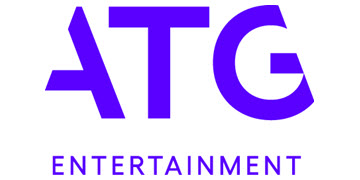Recruiting now











This is easy - the hiring manager. Wrong! Well, maybe a quarter right. The truth is there may be several people involved in the decision. Worse still, there are multiple decision points along the way. Consider this common recruitment process:
Step 1: Submit CV to a Job Board.
Step 2: Recruitment consultant selects CVs from among thousands to find possible candidates, and
Step 3: Consultant then screens these to a few top candidates, before sending the CV to
Step 4: The outsourced recruitment consultant who conducts the initial interview. Then it is sent to
Step 5: The selection panel in the hiring company, who will pass it on with their notes to
Step 6: The line Manager for the final interview, who them gives it to
Step 7: The Director of the area for final screening and interview, before sign off.
It is bewildering the number of people and software packages your CV needs to get through. Your CV needs to hit the right keywords and checklist requirements to pass the keyword search on the job site (step 2). It then has to stand out to a recruitment consultant (step 3)who simply wants to know if you meet all the client's criteria in a compelling way, so they can be confident they are meeting the promise to clients to find on-target candidates and to clinch that all important commission.
But wait, another recruitment consultant has it now (step 4) and they need to satisfy themselves it also meets the competencies they advised the client were important, and that it measures up to other candidates from which they have already received positive feedback from the client. Having passed this initial screening, your CV now finally makes its way into the hiring organisation along with a set of general notes from the first interview that validated some essential experiences.
So now your CV is reviewed by one or three people (step 5) who dissect it in order to come up with interview questions, but they are also forming some opinions about you from your CV. The CV sets expectations and can make them both well-disposed towards you and determined to remove any element of doubt around the claims you make. They need to be able to convince their boss that hiring you is a good decision and that you can definitely do this job.
If you have passed their screening, your CV is now taking more of a back seat, but it still needs to impress the line manager (step 6) and the director (step 7), who will be looking for track record, judge you based on your previous employer or line manager (of whom they may have heard), with all the prejudices that may go with it.
So, before applying, understand where your CV will be going and try to do your homework on the key phrases, technical skills, soft skills, achievements, and prejudices that you must prove or overcome to reach the end of this Grand National-like event!
Key guidelines when writing your CV
Authored By Platinum Professional CV Services